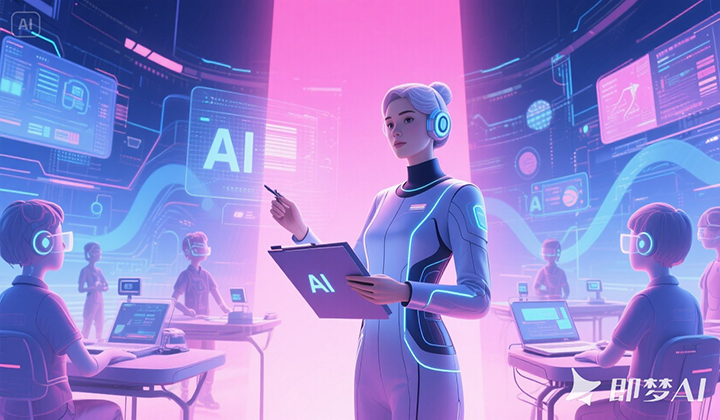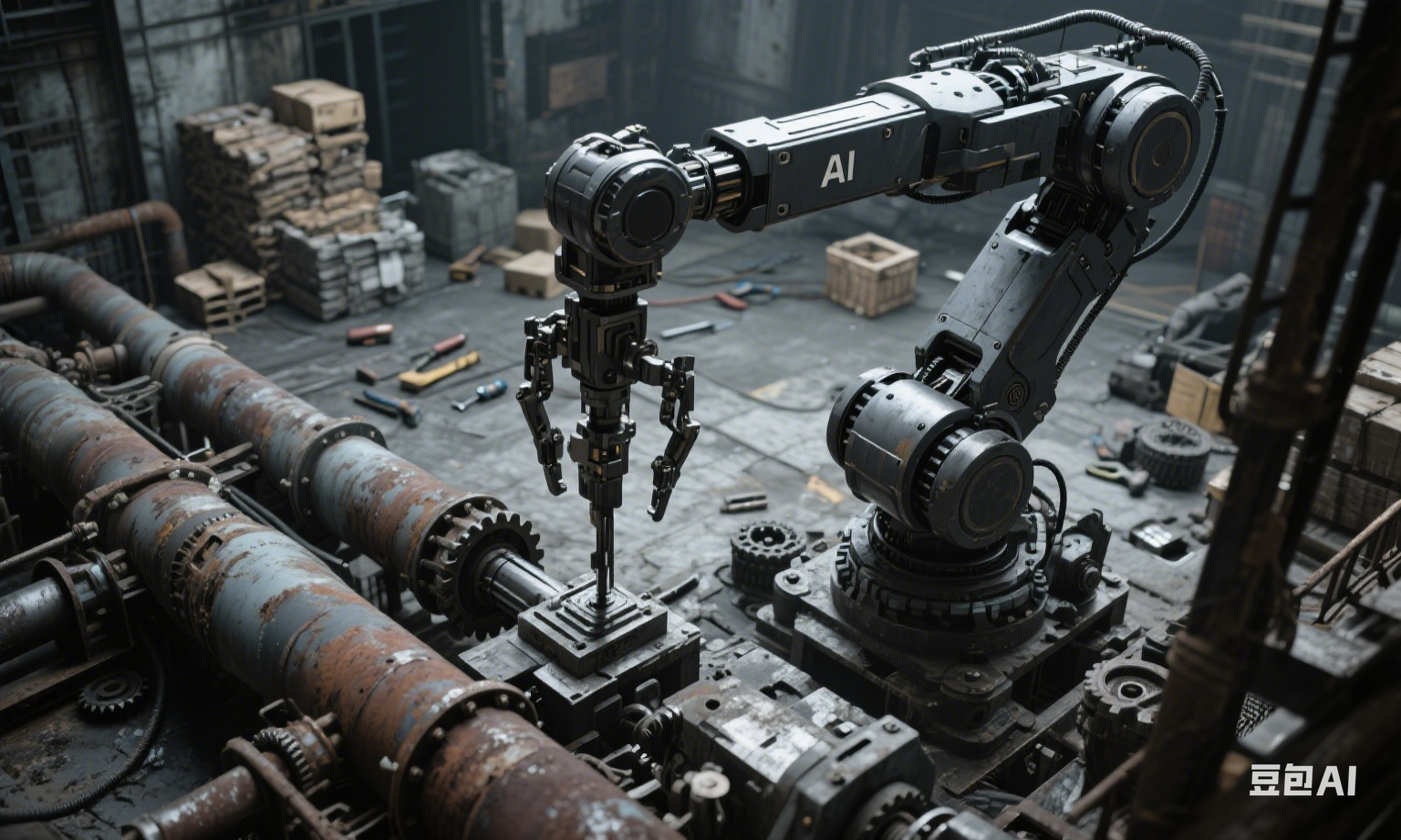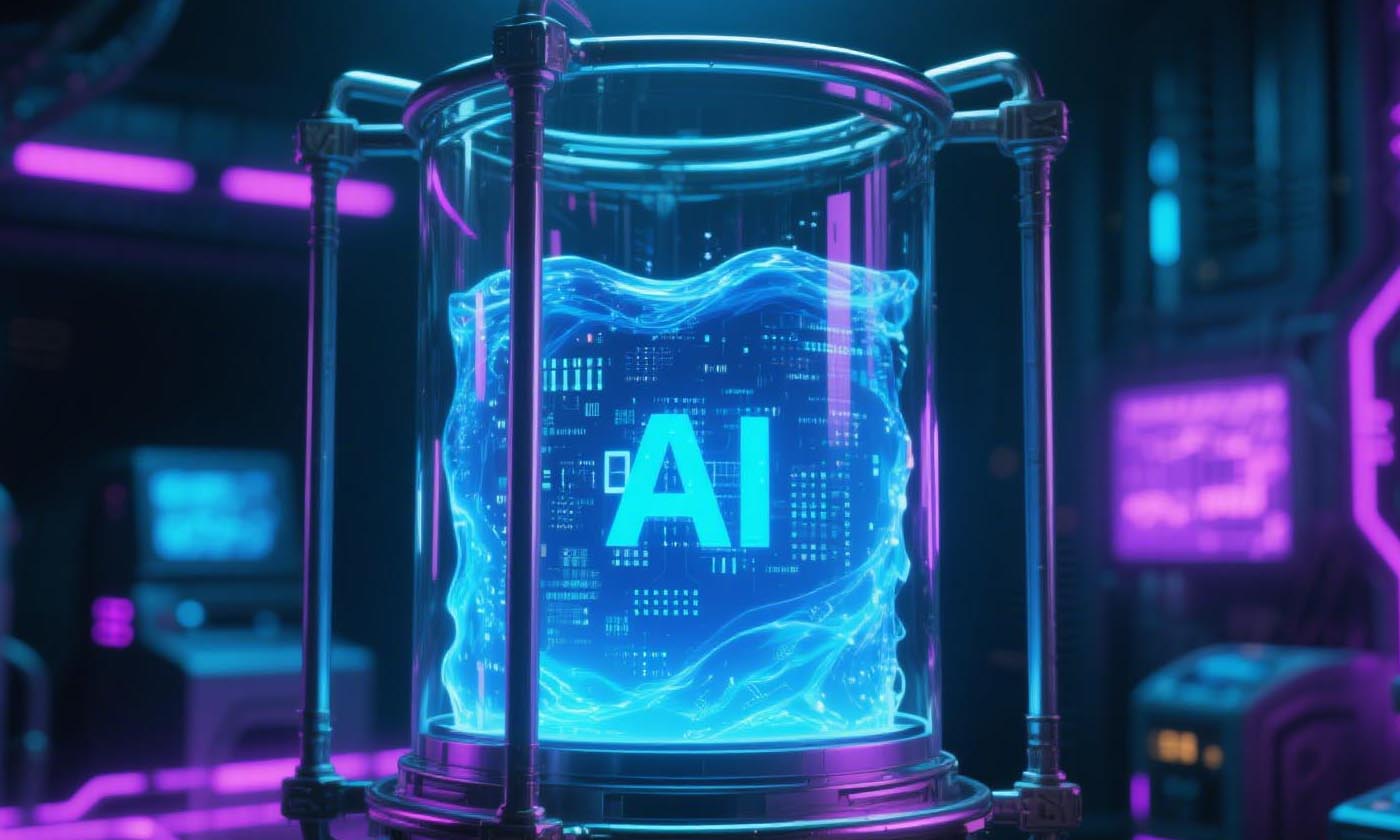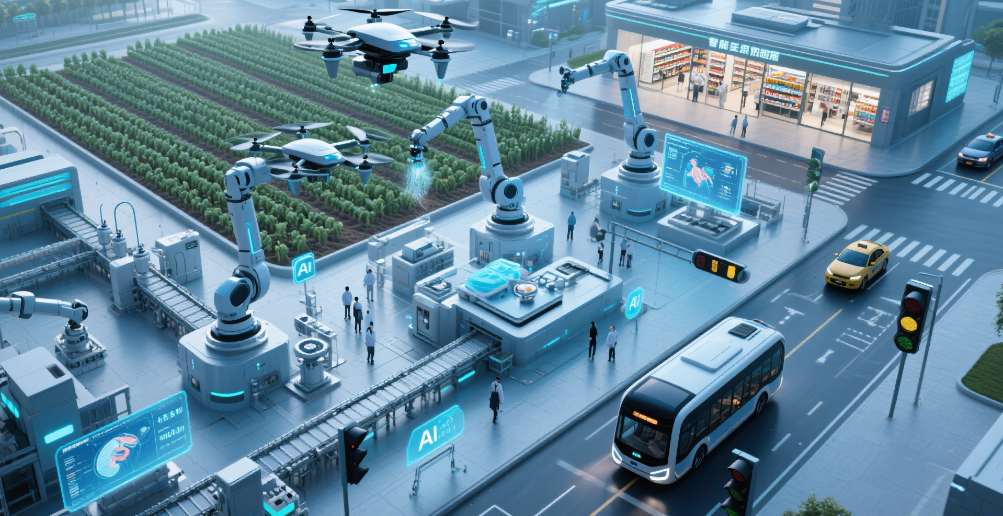AI Application Scenarios: A Vanguard Force in Transforming Multiple Fields
阳光 2025-05-29
In today's era of rapid digital development, artificial intelligence (AI) has emerged as a brilliant star, illuminating the path forward for numerous industries and becoming a powerful engine driving innovation across various sectors. From accurate medical diagnosis to efficient production in smart factories, and from optimized logistics distribution to enhanced transportation management, AI is reshaping our production and lifestyle with its unique charm and remarkable capabilities.
AI Application Scenarios: A Vanguard Force in Transforming Multiple Fields
In today's era of rapid digital development, artificial intelligence (AI) has emerged as a brilliant star, illuminating the path forward for numerous industries and becoming a powerful engine driving innovation across various sectors. From accurate medical diagnosis to efficient production in smart factories, and from optimized logistics distribution to enhanced transportation management, AI is reshaping our production and lifestyle with its unique charm and remarkable capabilities.The AI Diagnosis Revolution in the Medical Field
In the medical industry, the integration of AI has brought about a revolutionary transformation in disease diagnosis. Medical imaging diagnosis, a critical component, used to require doctors to spend a significant amount of time carefully examining imaging data such as X-rays, CT scans, and MRIs in search of subtle signs of disease. However, AI algorithms based on deep learning can now rapidly and accurately analyze vast amounts of imaging data. AI systems can scan images at the pixel level in an extremely short time, precisely identifying abnormalities such as tumors, fractures, and vascular lesions, thereby assisting doctors in making more accurate diagnoses. This is particularly effective in early cancer screening, significantly improving early detection rates and providing patients with valuable treatment time.Moreover, AI is involved in the integration and analysis of medical data. By combining electronic medical records, genetic testing data, clinical laboratory results, and other types of information, AI constructs a comprehensive health profile of patients. This provides a solid foundation for the development of personalized treatment plans. For instance, by analyzing patients' genetic characteristics and disease - related data, AI can predict drug responses, facilitate precise medication administration, enhance treatment outcomes, and reduce the risk of adverse reactions. As a result, the medical model is gradually moving towards intelligence and precision.
Efficient Production Transformation in Smart Factories
Upon entering a smart factory, the presence of AI is ubiquitous, driving improvements in both production efficiency and quality in the manufacturing industry. On the production line, AI - powered robots have replaced traditional mechanical operations. Equipped with computer vision and sensor fusion technologies, these robots can accurately grasp and assemble complex components. Their flexibility and precision far exceed that of humans, ensuring continuous production and reducing the occurrence of defective products caused by human errors.In quality inspection, AI - based deep learning image recognition models can conduct real - time inspections of products on the production line. Whether it's tiny surface scratches or internal structural flaws, they can be quickly and accurately identified and marked, achieving automated quality control and significantly improving product quality rates. Meanwhile, AI's real - time monitoring and analysis of equipment operation data enable precise fault prediction. Maintenance can be carried out in advance, preventing production halts caused by unexpected equipment failures, optimizing equipment utilization, and extending equipment life.
At the production planning and supply chain management level, AI combines big data analysis to consider market demand fluctuations, raw material supply conditions, and other multi - source information. It intelligently formulates production plans to achieve precise scheduling. Additionally, AI optimizes supply chain routes and coordinates logistics between suppliers, factories, and warehouses, ensuring timely raw material supply and efficient product delivery. This enhances enterprises' agility in responding to market changes and reduces operational costs.
Intelligent Optimization in the Logistics Industry
In the logistics sector, AI is reshaping the entire process of warehousing, transportation, and distribution. In smart warehousing centers, AI - driven intelligent warehousing management systems optimize goods storage layouts through algorithms. Based on factors such as goods' inbound and outbound frequencies, sizes, and weights, they automatically plan the best storage locations, improving warehouse space utilization. At the same time, automated guided vehicles (AGVs) and automated sorting robots, driven by AI, work closely together to quickly and accurately complete goods handling and sorting tasks, achieving automated and intelligent warehousing operations and enhancing the efficiency of goods inbound and outbound processes.During transportation, AI uses machine learning algorithms to analyze historical traffic data, road conditions, weather conditions, and other factors. It intelligently plans transportation routes, avoiding congested areas and selecting optimal paths to shorten transportation time and reduce costs. Furthermore, AI enables intelligent dispatching of transport vehicles. Based on order urgency and vehicle load conditions, it reasonably schedules vehicle departure times and tasks, improving vehicle utilization rates.
At the distribution end, AI - powered intelligent distribution systems optimize distribution plans based on customer geographic locations and preferred delivery times. They achieve precise distribution. The widespread application of smart parcel lockers, also driven by AI, enables automated management of parcel storage and collection. Features such as facial recognition and (scan - to - open cabinet) enhance user experience and improve the efficiency and security of the distribution process, ensuring smooth logistics operations.
With its exceptional data processing, analysis, and decision - making capabilities, AI is shining brightly across multiple fields such as healthcare, smart factories, and logistics. It is continuously expanding its application boundaries, deeply integrating into the essence of various industries, and injecting endless vitality into their innovative development. AI is leading us towards a smarter, more efficient, and more convenient future.












